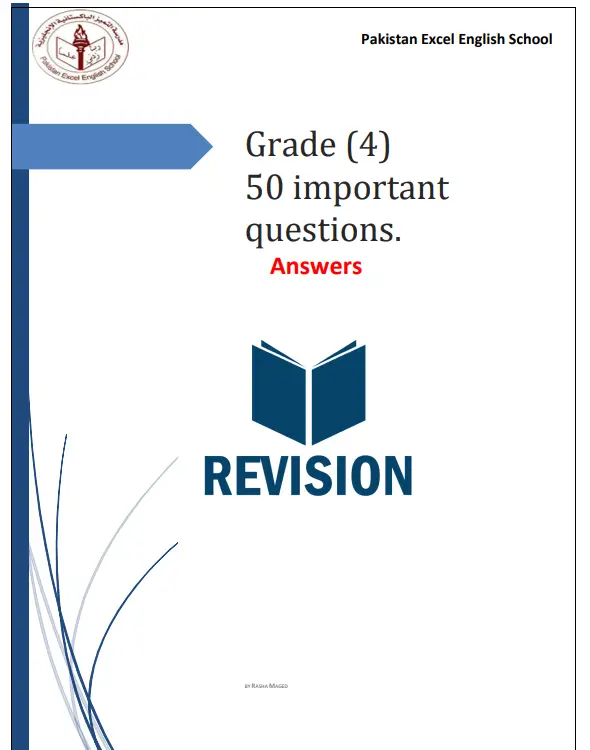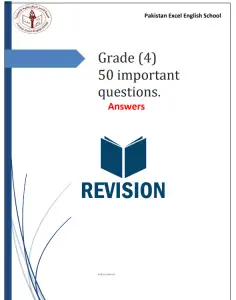Infinitives Year 4
Table of Contents
Infinitives Year 4

The Essential Guide to Infinitives Year 4
Introduction
Infinitives are a fundamental part of the English language, and understanding them is essential for fluent communication. In Year 4, students begin to delve deeper into the world of infinitives, learning how to use them correctly in various sentence structures. This article will provide a comprehensive guide to infinitives for Year 4 students, covering everything from the basics to more advanced concepts.
What are Infinitives?
An infinitive is a verb form that typically begins with the word “to.” It expresses an action or state without specifying the subject or tense. For example, in the sentence “I want to eat,” “to eat” is an infinitive.
Infinitives in Year 4
In Year 4, students will learn about two main types of infinitives:
- Bare infinitives: These are infinitives without the word “to.” They are typically used after modal verbs such as can, could, should, and must. For example, in the sentence “I can swim,” “swim” is a bare infinitive.
- To-infinitives: These are infinitives that begin with the word “to.” They are used in a variety of ways, including as the object of a verb, as the subject of a sentence, and as part of an adjective phrase. For example, in the sentence “I want to eat,” “to eat” is a to-infinitive. Infinitives Year 4
Using Infinitives in Sentences Infinitives Year 4
Infinitives can be used in many different ways in sentences. Here are some common uses of infinitives in Year 4:
- As the object of a verb: Many verbs are followed by infinitives as their objects. For example:
- I want to eat.
- She likes to sing.
- They decided to leave.
- As the subject of a sentence: Infinitives can also be used as the subject of a sentence. For example:
- To eat is important.
- To learn is essential.
- To succeed takes hard work.
- As part of an adjective phrase: Infinitives can be used to modify nouns and pronouns. For example:
- I have a lot of work to do.
- She is the person to ask.
- They are ready to go.
Common Verbs Followed by Infinitives
Many verbs are commonly followed by infinitives. Here are some examples: Infinitives Year 4
- Want: I want to eat.
- Like: She likes to sing.
- Decide: They decided to leave.
- Need: I need to study.
- Hope: I hope to see you soon.
- Plan: We plan to go on vacation.
- Promise: I promise to be on time.
Practice Exercises
Here are some practice exercises to help you master the use of infinitives in Year 4:
- Identify the infinitives in the following sentences:
- I want to go to the park.
- She likes to play the piano.
- They decided to eat pizza.
- To learn is important.
- I have a lot of homework to do.
- Complete the following sentences with the correct infinitive: Infinitives Year 4
- I need ________ (study) for my test.
- She wants ________ (go) to the beach.
- They decided ________ (watch) a movie.
- To succeed ________ (take) hard work.
- I have a lot of chores ________ (do).
- Write a sentence using each of the following infinitives:
- To eat
- To play
- To learn
- To write
- To read
Additional Resources
Here are some additional resources that you may find helpful:
- Infinitives [invalid URL removed]
- Infinitive Phrases [invalid URL removed]
- Verbs Followed by Infinitives [invalid URL removed]
Mastering Cambridge Verbs: An Exciting Guide to Gerunds and Infinitives for Year 4 Infinitives Year 4
Article:
The Cambridge English curriculum for Year 4 introduces students to a crucial topic: verbs followed by gerunds and infinitives. This foundational grammar element bridges the gap between basic understanding and advanced language proficiency, ensuring students excel in writing, speaking, and comprehension.
What are Gerunds and Infinitives?
A gerund is the -ing form of a verb used as a noun, while an infinitive is the base form of a verb, often preceded by “to” (e.g., to eat, to run). These forms are frequently used after certain verbs, adding variety and precision to sentence construction.
Common Verbs Followed by Gerunds
Some verbs are typically followed by gerunds, such as:
- Enjoy: She enjoys swimming every morning.
- Avoid: He avoids eating junk food.
- Suggest: I suggest taking the bus to school.
External resources like Cambridge English offer detailed lists to reinforce this concept. Infinitives Year 4
Common Verbs Followed by Infinitives
In contrast, some verbs require infinitives:
- Want: I want to learn more about English grammar.
- Decide: He decided to visit the library.
- Plan: We plan to complete the project by Friday.
Mixed Usage: Gerunds and Infinitives
A handful of verbs, such as start and love, can be followed by both forms without changing the meaning:
- She started singing.
- She started to sing.
Others, like remember and stop, change meaning depending on the form:
- I remember meeting him. (Refers to a past action)
- I remembered to meet him. (Refers to a planned action)
Why Learn This?
Mastering gerunds and infinitives builds a strong foundation for Year 4 students. They enhance fluency, diversify sentence structures, and align with the Cambridge curriculum’s global benchmarks.
For interactive practice, explore GrammarBank.
Key Features of Cambridge Year 4 Exercises
- Practical Examples: Exercises encourage students to apply gerunds and infinitives in real-life contexts.
- Engaging Activities: Games, puzzles, and storytelling exercises are designed to solidify learning.
- Real-World Application: Students learn to write essays, compose emails, and tell stories using these grammar forms.
How to Teach Gerunds and Infinitives?
Teachers can incorporate:
Digital Tools: Platforms like Cambridge Online provide engaging activities.
Visual Aids: Use charts to categorize verbs.
Role-Playing: Practice speaking through skits.






No comment